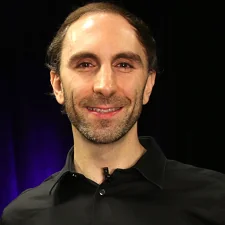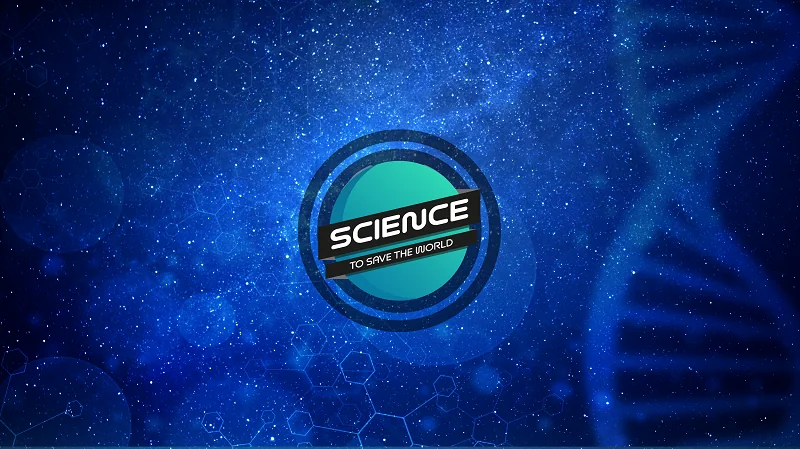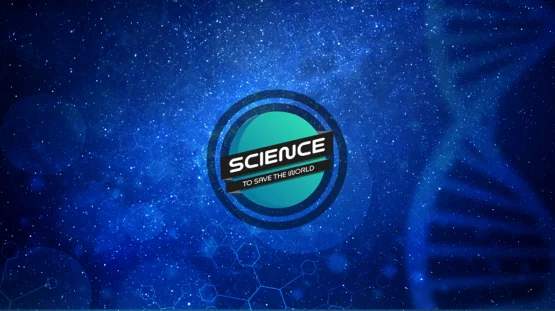Science to Save the World is a new Lifespan.io video series highlighting organizations that use science to tackle the biggest problems of our time. Today, we want to tell you a little about our new show and how it fits into our mission of advocating for aging research.
As part of our overarching strategy to engage new audiences and reach outside the echo chamber, we are launching a new channel called Science to Save the World, a channel where we will produce and publish short films about the wider scientific world. Many of these films will be in some way related or applicable to our mission of ending age-related diseases and the societal changes that it will no doubt bring.
For example, overpopulation is a very common public concern for a world in which we achieve our goal of ending age-related diseases by using repair-based therapies to keep people biologically younger and healthy. There are many nascent technologies that could help the planet cope with a growing population along with the additional consumption and pollution that it would likely bring.
Solutions such as plastic-eating worms and fungi are being developed to help deal with the plastic pollution that is choking our oceans and taking up space in landfills. Ever-more efficient methods of automation are being employed in agriculture alongside specially engineered high-yield crops that are resistant to drought and disease, making them especially useful in regions where irrigation and crop blight are commonplace. Methods of creating cheap and safe drinking water from the ocean or even from the moisture in the air are becoming realities as well.
These technologies are directly relevant to a post-aging world and could help to address overpopulation and other concerns. By producing short films about these innovations along with the other exciting science happening around the globe, we can engage a wider audience that is interested in science but may not know about aging research and the very real potential of rejuvenation biotechnology to grant us more healthy years of life.
Our resident filmmaker, Tim Maupin, had this to say about his vision for the channel and the videos he is making:

As a filmmaker, this series is a confluence of many of my interests and allows me to do something for the greater good. Science has brought us many amazing things, but there’s still much work to do — and, in some cases, the clock may be ticking. I’m so excited to have this opportunity to help illustrate various topics and connect organizations trying to make a difference. I greatly look forward to growing it further into something beautiful, impactful, and hopefully transforming for viewers.
The new channel and its films can help to introduce that new audience to aging research as part of its broader scope of science coverage, feeding back into our other channels and building larger support for the field. Lifespan.io President Keith Comito, who is developing the new channel alongside filmmaker Tim Maupin, had this to say about the project:

Science to Save the World is a new show with the aim of casting a wide net, engaging the public to get involved with science-focused organizations that are tackling the biggest problems of our time – promoting the healthy longevity of not just ourselves but also the world in which we live.
This will, of course, include highlighting initiatives centered on life extension research as well as those of organizations working on various other important projects. Engaging the broader science community in this manner will not only serve others by creating engaging content with actual calls to action, it will also draw more attention to our work at Lifespan.io by building a network of powerful allies across many scientific fields.
If this sounds interesting to you, please feel free to watch, share, and learn how you can get involved to help save the world.
The Science to Save the World channels can be found on Facebook, instagram, and Youtube, and on May 28th, we will be broadcasting the first of a series of science films. The topic for the first film will be Professor George Church and his goal of reversing the extinction of the mammoth through genetic engineering techniques that he helped to pioneer and is also using for aging research. Please, visit both channels, follow/subscribe, and hit that bell notification on Youtube to help support us and see the films as they are published.



